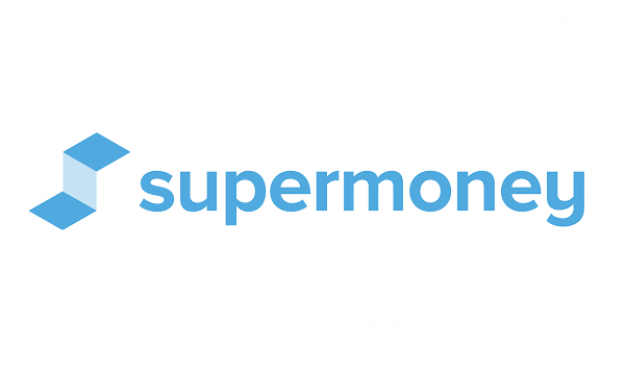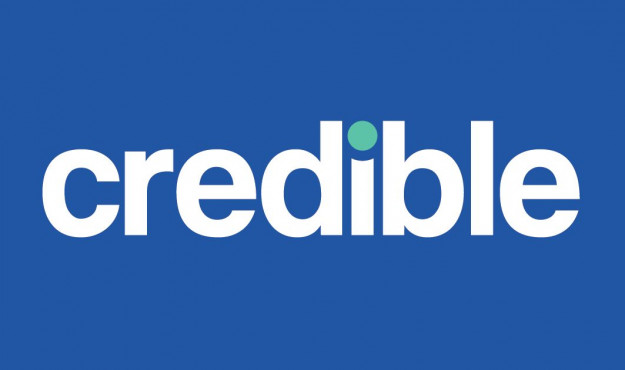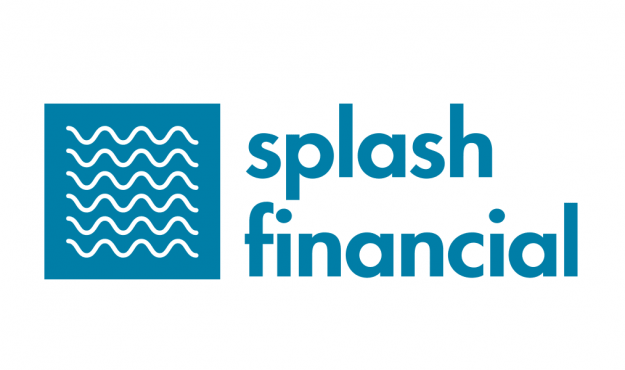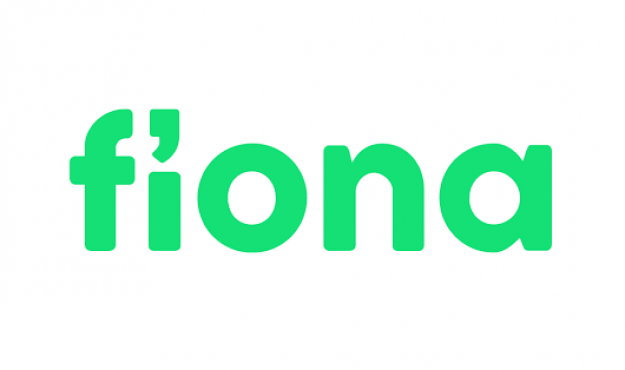


SuperMoney
- Find your best loan offer from competing lender
- Checking rates won't affect your credit score

Credible
- Best rate guarantee
- Risk free comparison
- Loan amount: $600 - $100,000
- Loan term: 12 - 84 months
- APR: 4.99 - 35.99%
- Minimum credit score: -
- Minimum age: 18 years

Splash Financial
- See top offers
- Enjoy more savings with your new rate and one monthly payment
- Loan amount: $5,000 - individual
- Loan term: 12 - 360 months
- APR: 2.24 - individual
- Minimum credit score: Not specified
- Minimum age: 18 years

Fiona
- Match with personalized loan offers in less than 60 seconds
- Safe and Secure
- Loan amount: $1,000 - $100,000
- Loan term: 24 - 84 months
- APR: 5.99 - 35.99%
- Minimum credit score: < 620
- Minimum age: 18 years
General
Debt consolidation is a way to better manage your finances in the long run and become financially stable. If you have multiple debts like credit cards, student loans, auto loans, medical loans, each of them likely has a different due date every month and a different interest rate. It would be much more convenient to combine them into one lower monthly payment and since this may be at a better interest rate than the average rate you were paying before, you could end up saving money too!
Pros and cons
The largest advantage of debt consolidation is to reduce your monthly payments. Each of your debts has a different monthly payment — and combining them into one will often lower the total monthly payment you have to make. Plus, it’ll make it more convenient to pay every month with a single interest rate. Many people have found their lives to be less stressful after consolidating their debt into one monthly payment.
Of course, as is always the case, there are downsides. The main drawback of debt consolidation is that you will end up having to make payments for a longer period and may end up having spent more in total to pay off the debt than if you had not consolidated it. Let’s see an example to better understand.
Example
Suppose that you currently have two outstanding debts:
- The first one is for $20K with a monthly payment of $583, an interest rate of 10%, and a term of 4 years;
- The second one is for $10K with a monthly payment of $517, an interest rate of 12%, and a term of 2 years.
- Every month you make $1,100 in payments in total.
Now suppose you consolidate these loans:
- The total principle is now is $30K with a percentage rate of 9%, monthly payments of $640, and a term of 6 years.

This looks like a sweet deal at first glance! You’d pay $460 less every month. If you recently lost income or are struggling to make the separate payments, this could very well help you avoid defaulting. But you’d end up paying more than $5,000 more in total to pay off the consolidated debt than you would have if you didn’t consolidate it. This is because you’d be making payments for a longer period at only a slightly lower interest rate.
So you need to understand what your circumstances are and whether the lower monthly payments and convenience are worth paying more in the long run. Of course, this is just an example and the difference in the interest rates could be larger and end up saving you money. Without knowing your credit history and current outstanding debt, it’s impossible to assess your situation. You need to contact a debt consolidation company to see what they can offer you. We’ve listed some of the best companies in the industry on this page which could help you narrow down your options.
Application
To apply for debt consolidation online, just choose the company that suits you best and fill out their application. A representative will contact you to complete the process and make an offer for you. We highly suggest applying with more than one company to compare the terms offered between them (though make sure you know if they will run a credit check as part of the process as each one of these may end up on your credit report).